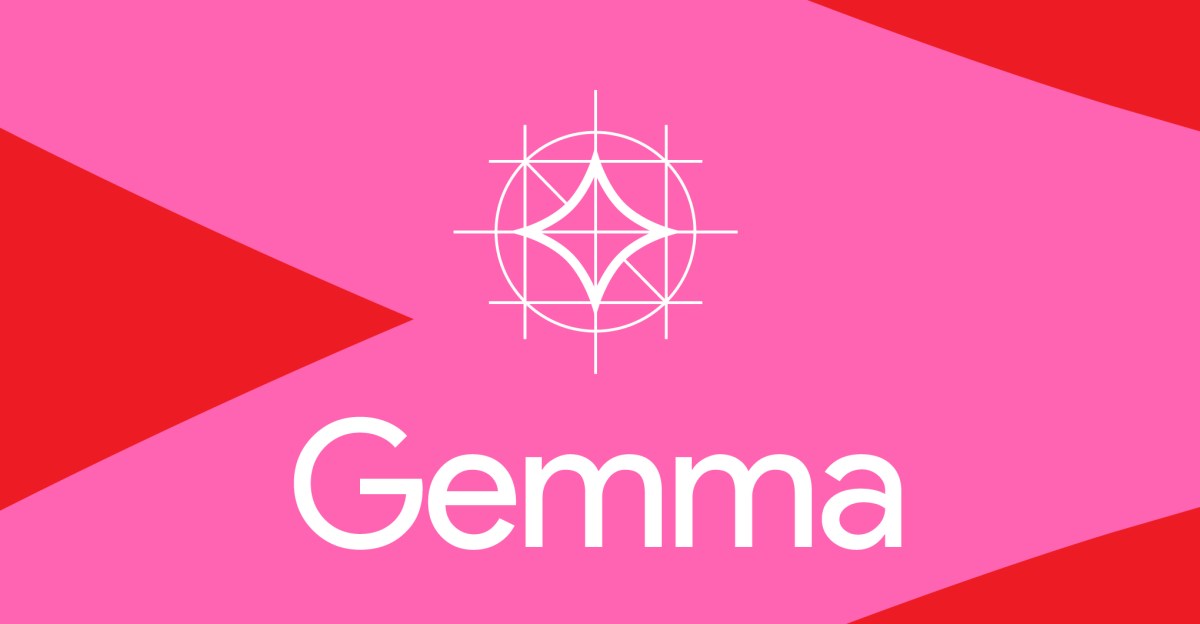Can Gemini Breathe New Life into Google's Neglected Nest Speakers?
Google's Smart Home Ambitions: Can Gemini Breathe New Life into Nest Speakers?
In the increasingly competitive smart speaker market, Google faces a significant challenge in revitalizing its Nest lineup and challenging Amazon Echo's dominance. While the introduction of Gemini AI represents a promising step forward, the tech giant will need more than just software improvements to regain its footing.
The current Nest speaker ecosystem has been struggling to maintain its appeal, with Amazon's Echo devices consistently outperforming in both hardware quality and feature set. Google's strategy must extend beyond simply integrating advanced AI capabilities. The company needs to reimagine its hardware design, enhance audio performance, and create a more seamless user experience.
Gemini's potential AI enhancements could provide a compelling differentiator, but without robust hardware to match, Google risks falling further behind in the smart home race. Consumers are looking for devices that not only understand their commands intelligently but also deliver superior sound quality and aesthetic design.
As the smart home market continues to evolve, Google must take a holistic approach—combining cutting-edge AI like Gemini with next-generation speaker technology to truly compete with Amazon's established Echo ecosystem.








